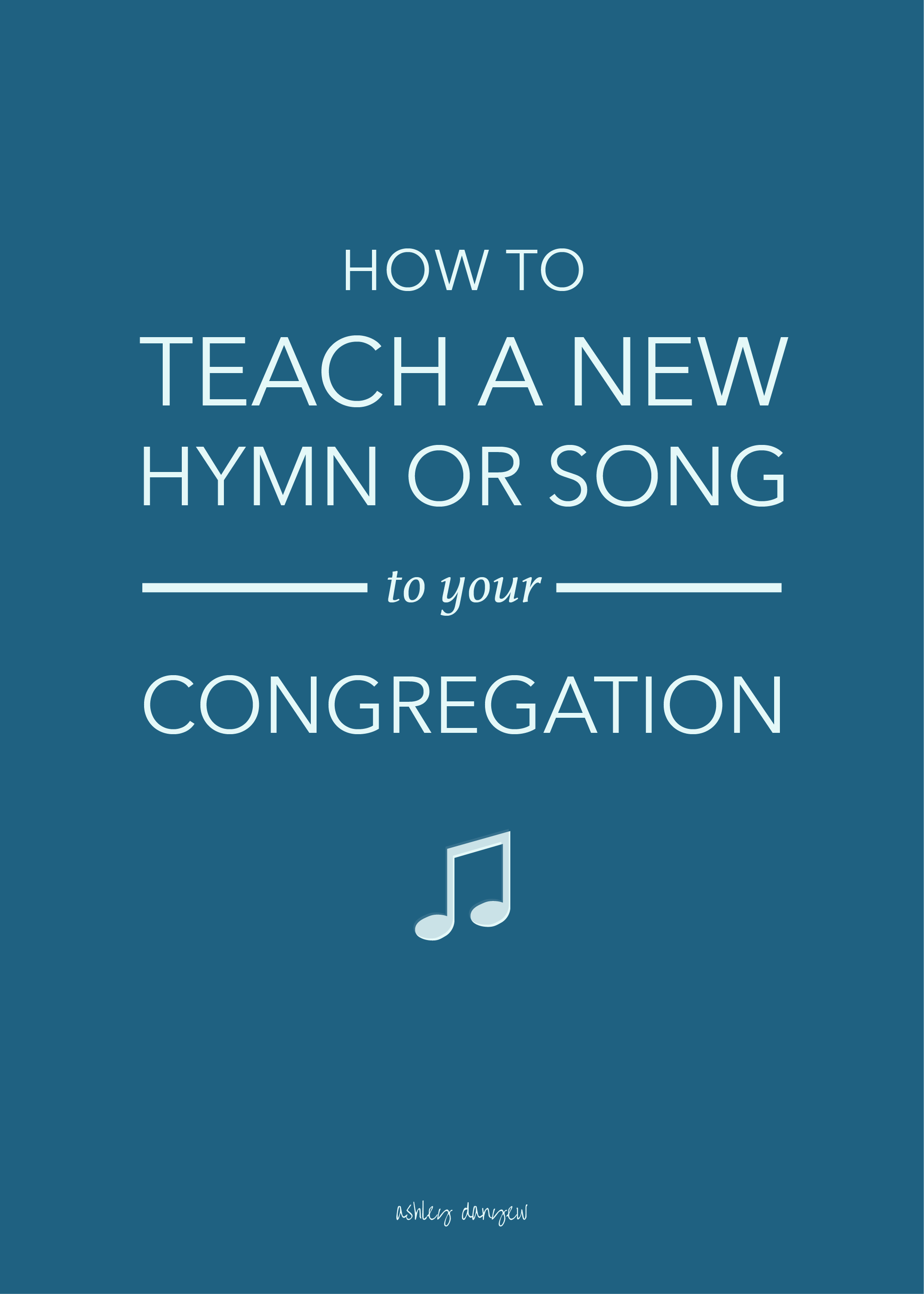"Christian giving is a responsive act. It represents gratitude to God. It is a symbol of self-giving. Therefore, giving is not a once-for-all event, but a regular part of life. It is a spiritual discipline that reminds us who we are and whose we are.” - Herb Mather (source)
Stewardship is about taking care of the gifts God has given us. This includes managing our earthly possessions and monetary gains, but it also includes tending to the relationships we have and caring for the world around us.
Many churches spend some time during the fall months talking about stewardship. Centered around themes of gratitude and giving, stewardship is a time to talk about God’s abundant blessings and ways we can be good stewards of the gifts we’ve been given.
Stewardship often culminates in a Commitment Sunday or a time to make a pledge of time, gifts, and financial contributions to the work of the church.
It’s important that stewardship not just be about financial giving, but how we can give ourselves to God’s work, commit our lives to God’s service, and use God’s gifts to bless those around us.

















